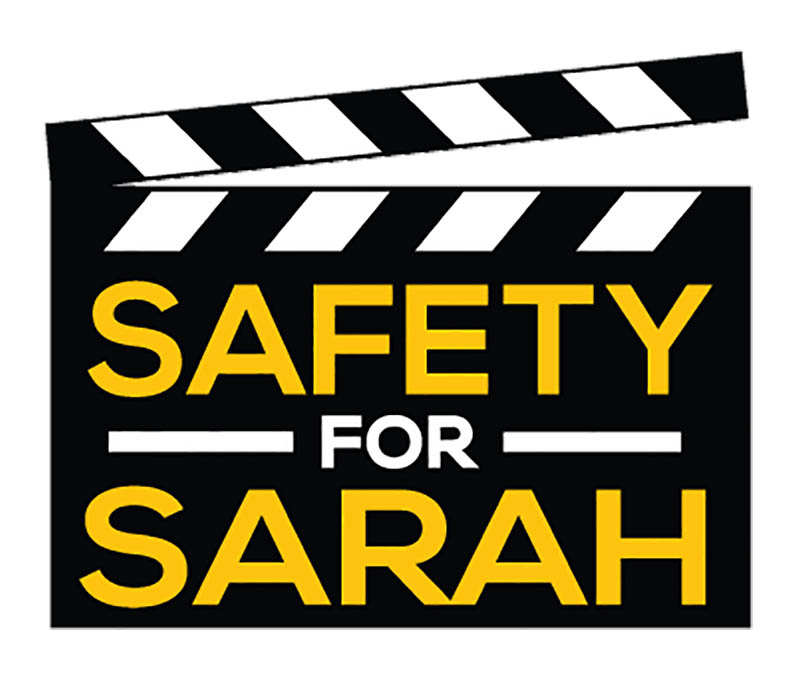Point Park University’s Cinema Arts Program Partners with the Sarah Jones Film Student Safety Program

“Our students are exposed to every component of filmmaking, and with the kind of hands-on training we do, it is critical that safety is always top of mind. They need to learn how to safely use equipment, but they also have to learn how to create an environment that values the people working for them and around them. That the foundation would accept us into the program is a clear sign we are doing things right.”
Point Park University is just the fourth institution of higher education in the United States to qualify for the Sarah Jones Film Student Safety Program. The program is an initiative from the nonprofit Sarah Jones Film Foundation, which advocates for safe conditions on film sets.
The foundation, also known as Safety for Sarah, was created by Richard and Elizabeth Jones to honor the legacy of their daughter, Sarah Jones, a 27-year-old camera assistant who needlessly lost her life February 20, 2014, in an accident on the set of “Midnight Rider,” a film chronicling the life of musician Greg Allman. It was never completed.
“Our students are exposed to every component of filmmaking, and with the kind of hands-on training we do, it is critical that safety is always top of mind,” said Cara Friez, M.F.A., cinema arts chair at Point Park University. “They need to learn how to safely use equipment, but they also have to learn how to create an environment that values the people working for them and around them. That the foundation would accept us into the program is a clear sign we are doing things right.”
The program offers safety grants of $2,500 to student filmmakers. The grant supplies funds for such appropriate safety needs as proper permits, off-duty police to direct traffic, safety personnel and more.
“We want schools that are eager to participate and really buy into the need to promote safety. We’re also looking for programs that have film projects where safety needs to be applied,” said Richard Jones. “It’s not really about Sarah, because she’s gone and we can’t get her back. It’s more about keeping it from happening to anyone else and then, that way, it’s part of her legacy. The loss of her life will have meaning.”
Point Park’s cinema arts program was attractive to the foundation because of a demonstrated commitment to safety, in part, through the hiring five years ago of Terry Shirk as a full-time safety coordinator – a position that does not exist at a lot of film schools across the country. Shirk oversees safety for all cinema arts productions. He designs and implements safety training sessions for students that are taught throughout their four years of study. Shirk also serves as the primary safety officer for the department, which includes reviewing pre-production materials of up to 200 productions each school year.
“I spend a lot of time working closely with students to make sure they are creating a safe atmosphere on their productions,” Shirk said. “It’s critical to help students develop their creative vision while driving home the importance of making sure their cast and crew are protected from potential harm.”
Jones said the goal is to continue developing as many higher education partnerships as it can.
“We just want to instill the need for safety into students’ minds so that, one day, when they’re calling the shots within the industry, it’ll have become part of the culture,” he said.

